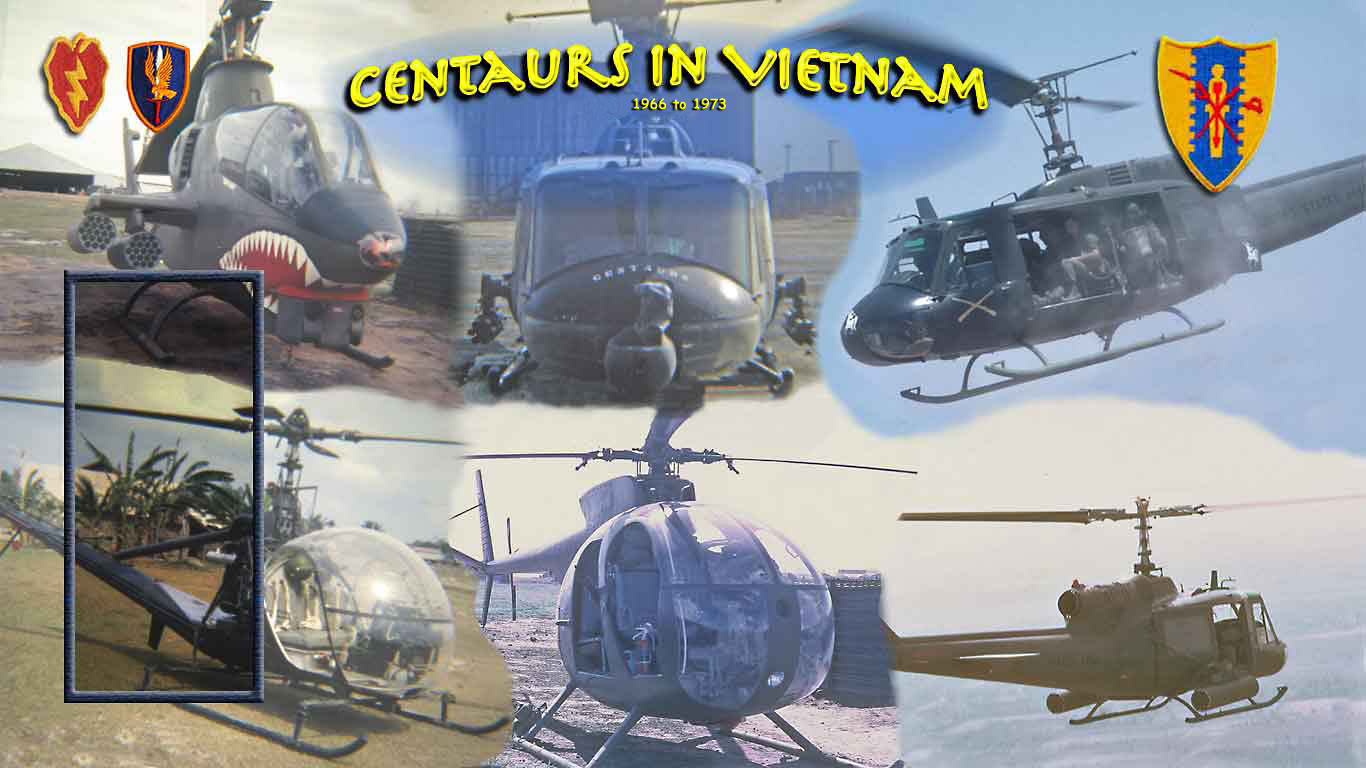

Dale Dow Thoughts
I firmly believe that it was very, very much harder on those we left in the states than it was on we who were there. Watching the war unfold on television. Wondering if the ringing phone meant bad news. If the door bell was being rung by someone in uniform. Always wondering. Always praying. And never knowing.
And if we did come back, we seldom, if ever, talked about what we had seen and done. How could they understand? They wondered why we jumped so much at loud noises. Why we started looking for shelter or rolled out of bed onto the floor when we heard sirens in the distance. How do you explain the smell of burned and/or rotting flesh? The fear that tore at your insides at the sound of a rifle bullet. Or the green tracers coming through the floor as you are making your gun run or landing to pick up a load of infantry or wounded. Or the guilt that comes from looking at the body of a friend and thinking "I am glad it wasn't me."
Who was the war harder on? Who is it still the hardest on? Those of us who were there? Or those who have to live with us?
There is another fairly accurate movie about Nam. I believe the title is "Hamburger Hill". It is about the company from the 101st that was wasted in order to take a meaningless hill. Fought to take the hill for 3 days. Finally took it. Gave it back to the NVA the same day. From the infantry point of view, it is fairly accurate.
In the end, it is not the flag, God, or country that the combat soldier (infantry, armor, cav, aviation) fights for. After the first bullet goes over his head or mortar round lands near him, he fights to survive to return to the wife/love, family, home, and town that he came from and dreams of during his fitful periods of sleep. He fights to protect the guy on his left and right so that they can return to what they left behind. He fights so that he doesn't let his friends down.
® All Rights Reserved